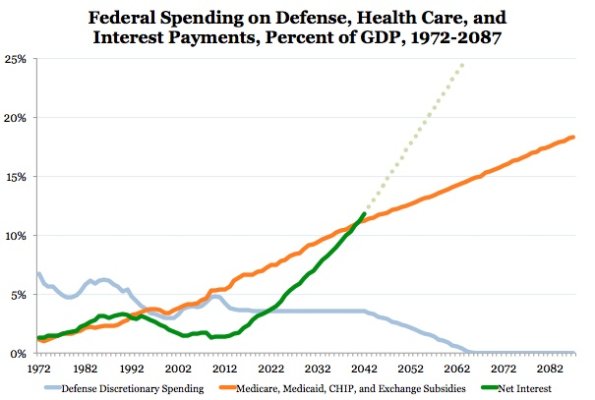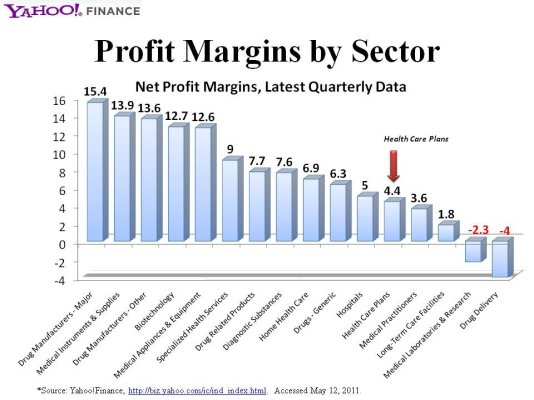Purron
Give me a museum and I'll fill it. (Picasso) Give me a forum ...
- Joined
- Nov 23, 2007
- Messages
- 5,596
Time Magazine - Health Care
Very interesting article about healthcare in America in the latest issue of Time magazine. Always follow the money to understand an issue.
Bitter Pill: Why Medical Bills Are Killing Us | TIME.com
Very interesting article about healthcare in America in the latest issue of Time magazine. Always follow the money to understand an issue.
Bitter Pill: Why Medical Bills Are Killing Us | TIME.com


